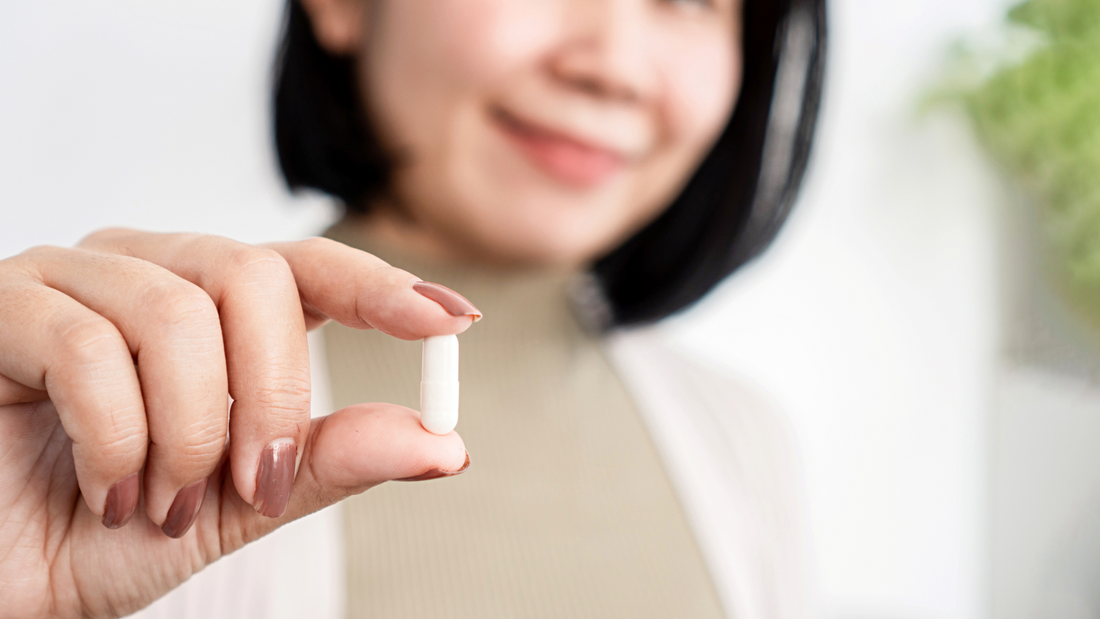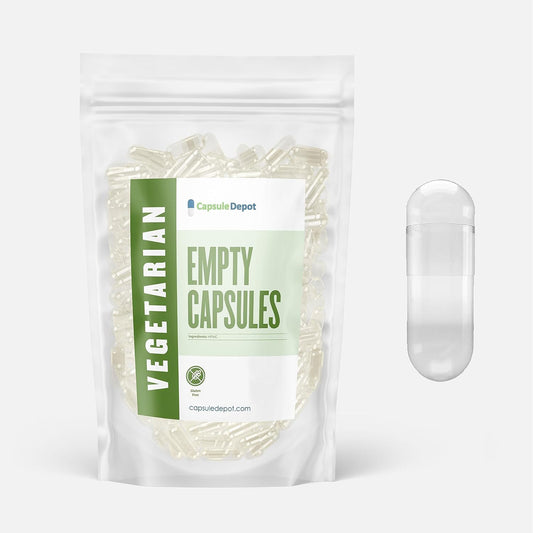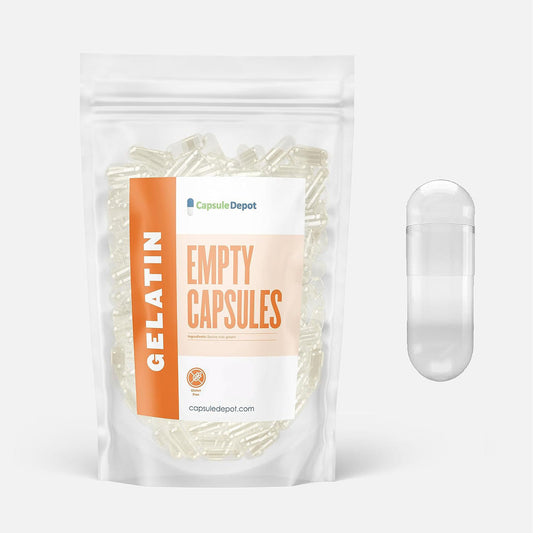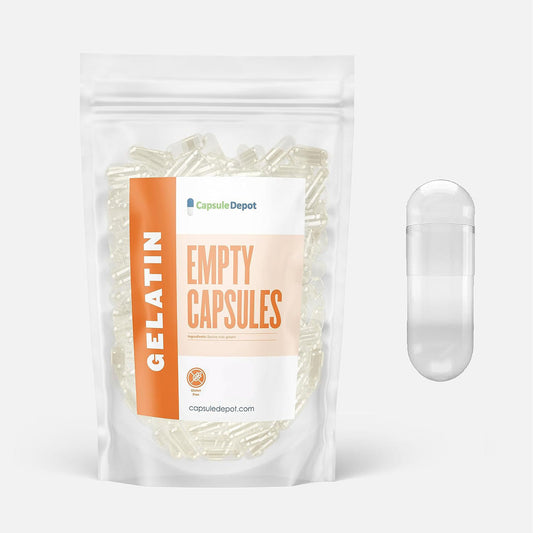Are you feeling drained and overwhelmed by the daily hustle and bustle? Well, you're not alone! The pressures of work, chronic stress, burnout, poor diet, and lack of sleep can take a toll on our bodies, leading to oxidative stress and its harmful health effects such as fatigue, aging, and chronic diseases. But don't worry, there's a solution to this problem! By supplementing with vital nutrients and herbs, you can counter these negative effects, fortify your health, and boost your overall wellness.
The world of supplements has exploded in popularity, and it's not hard to see why. The industry is rapidly expanding, valued at a staggering $152 billion in 2021 and expected to double by 2028. Particularly, natural supplements are becoming increasingly popular due to a growing awareness of holistic health, the rise of vegetarianism, and the demand for natural appeal and 'clean label' products. From seeking a balance in physical and mental health to advocating sustainable packaging, new trends are emerging!
Are you curious to know which natural supplements are worth taking in 2024? In this article, we'll explore the top natural supplements backed by science that you should either start or continue taking to enhance your well-being.
Category A: Natural Immune Boosters

Strengthening the immune system – the innate defense mechanisms – is a primary reason many people take supplements. While this used to be a domain of vitamins and minerals, some natural supplements and herbs have also been shown to exhibit significant immune support activities.
Top options in this category include:
1. Echinacea
Echinacea (scientifically known as Echinacea purpurea), is a herbal supplement popularly used for its immune stimulant and anti-inflammatory activities. It is commonly taken to reduce the risk of contracting respiratory illnesses like the common cold and influenza and to reduce the severity of symptoms or promote quicker recovery during a bout. As such, it is a typical spring and winter supplement favorite!
Topical preparations of Echinacea are also available for the treatment of wounds and other skin conditions like psoriasis and herpes blisters. Manufacturers use different production methods and parts of Echinacea, from the flowers to the roots, to meet different user needs.
The immune-stimulant and antiinflammatory actions of Echinacea have been shown in studies to be related to its chemical constituents and microbial community.
2. Elderberry
Also known as Sambucus nigra, Elderberry is similar to Echinacea as an immune-stimulant herbal supplement possessing anti-inflammatory and antioxidant activities. It is also used in the prevention and treatment of respiratory infections, especially the common cold and influenza.
Research has shown that Elderberry contains some compounds called anthocyanins which can suppress inflammatory cytokines release and action in the body, and may even exert direct antiviral effects on influenza B virus and other respiratory viruses.
3. Astragalus
Coming from Chinese Medicine, the root of Astragalus (Astragalus membranaceus) is a common component in many herbal dietary supplement products marketed for immune support action. Astragalus gas has been shown to offer support in respiratory conditions like allergic rhinitis and asthma. Owing to its traditional use in kidney diseases, there are claims to some renal protective effects of Astragalus. However, scientific studies on Astragalus are generally limited.
4. Bovine colostrum
Colostrum is the first milky exudate produced by mammals after giving birth, and it is known to be a rich source of antibodies and several immunomodulating compounds. Colostrum from bovine sources has been employed for human use: it is commercially available in its dried form and marketed as a dietary supplement for immune support. Studies have demonstrated that supplementation with bovine colostrum can promote the function of lymphocytes, macrophages, and other immune cells.
Category B: Energy and Vitality Enhancers
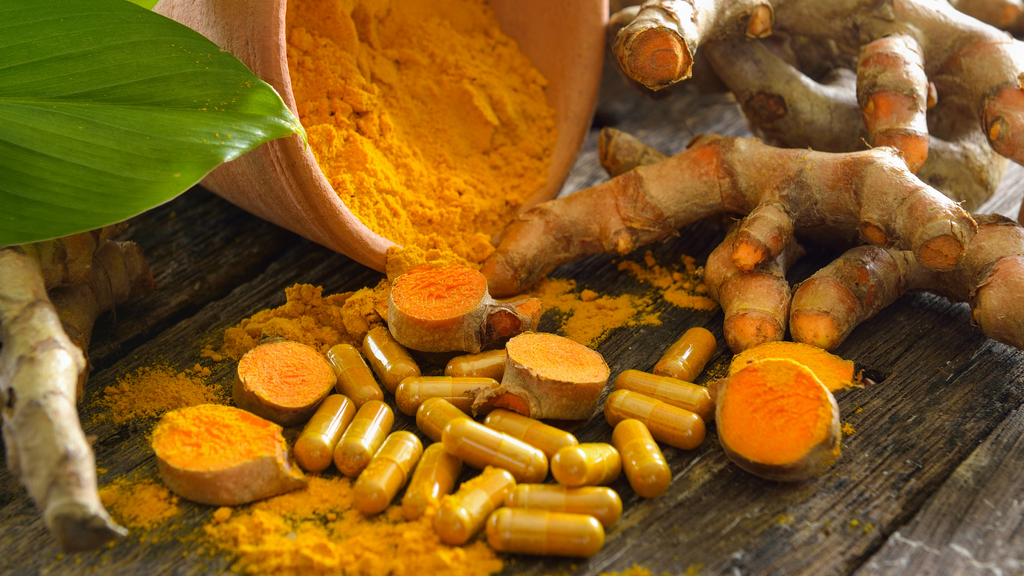
Many people, especially the younger population, reported taking dietary supplements to boost their overall wellness (vitality) and energy levels. The natural supplements that offer such functionalities are called adaptogens — which are multifunctional herbs that enhance the body's ability to cope with physical and mental stress.
This category of supplements is in high demand, particularly during the most active season of the year. The top natural supplement options in the category include:
5. Curcumin/Turmeric
If there was one supplement we could place in all categories, it would be turmeric. Turmeric (the rhizome Curcuma longa) and its most popular component, curcumin, are some of the most studied dietary supplements, with over a decade of backing of supportive evidence.
Turmeric/curcumin has been shown to offer therapeutic effects in skin diseases, inflammatory diseases, cancer, neurodegenerative disorders, depression, diabetes, obesity, liver diseases, and atherosclerosis. Curcumin is a super-active molecule with documented activity across multiple molecular pathways in the body, justifying its therapeutic uses.
There are many commercial brands of turmeric-derived curcumin supplements in the market. But what is more interesting is that the home-found turmeric spice can provide similar health benefits. Some studies have shown that curcumin-free turmeric exerts comparable or even more anticancer activity than curcumin, due to many other beneficial constituents in the raw herb.
So, this is one natural supplement that you can easily add to your homemade formula.
Packaging your turmeric powder in gelatin capsules or vegetarian capsules can put the benefits and experience at their best for you!
6. Ashwagandha
Ashwagandha (Withania somnifera) is an Ayurvedic herb with over a thousand years of historical use as a performance boost, sedative, and fertility aid in men. Modern science has confirmed these uses, especially their effectiveness in reducing stress, anxiety, and depressive symptoms. The herb contains a distinct combination of chemicals called withanolides, which act along various stress response and hormone pathways.
As a dietary supplement product, Ashwagandha is available in various dosage strengths between 120mg - 1000mg. However, Ashwagandha may interact with prescription sedative drugs and should not be used in pregnancy.
7. American Ginseng
American ginseng (Panax quinquefolius) contains ginsenosides too, but is different from Panax Ginseng.
As a popular adaptogen, American ginseng can boost memory, reaction time, calmness, and immune system. A regular intake is also thought to help strengthen the gut.
American ginseng is not recommended for use if you are currently taking a blood thinner medication.
Category C: Metabolic Health Promoters
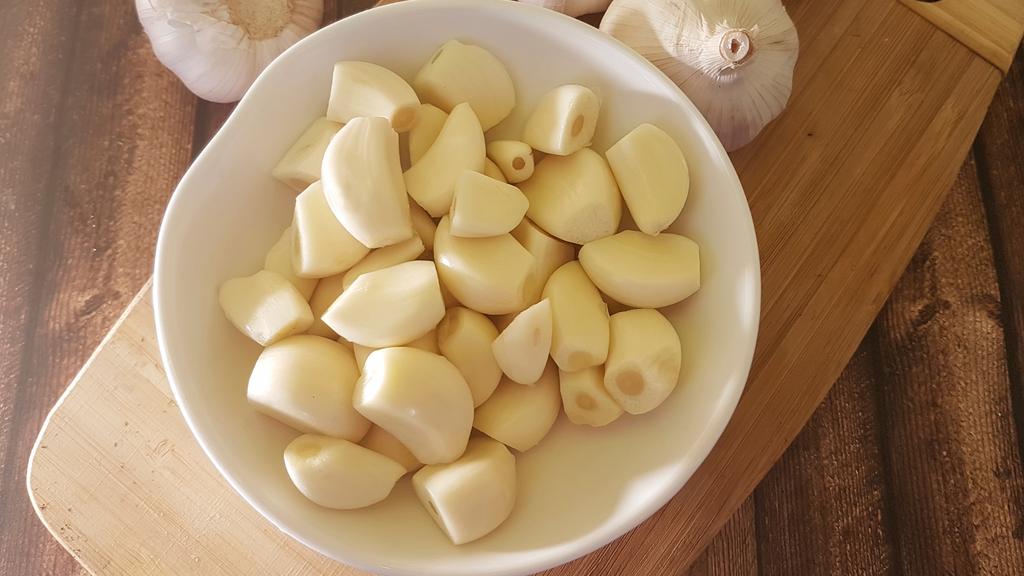
Older people are more likely to use a supplement to aid specific health conditions, e.g. for heart and blood lipids issues and other metabolic concerns.
Top supplements of natural origin to consider in this category include:
8. Garlic
Garlic (Allium sativum) is a popular edible bulb consumed as a spice and as a dietary supplement for cardiovascular health. A wealth of scientific evidence has established the value of garlic in lowering blood pressure and LDL cholesterol. Regular consumption of garlic may aid recovery from the common cold and has also been linked to a reduced risk of various gastrointestinal cancers.
Garlic is commercially available in its pill, powder, and oil forms. You should also be aware of some side effects of garlic intake such as heartburn, body odor (common with raw garlic), and more rarely, allergic reactions.
Formulating your purchased or homemade garlic powder or oil in suitable HPMC capsules can help mask the strong smell of garlic, including other palatability and side effect issues.
9. Red Yeast Rice
Extracted from a type of fermented rice produced by the mold Monascus ruber, Red yeast rice is a powerful dietary supplement used to lower blood cholesterol. It contains monacolin K, a compound similar to the prescription anti-hyperlipidemic drug, Lovastatin. In one study, red yeast rice supplementation lowered the risk of heart attack recurrence and death among 5000 Chinese patients who had had a heart attack prior by 31% and 33% respectively.
Red yeast rice might offer a cheaper alternative to cholesterol-lowering medication, reduce vascular inflammation, and enhance long-term health.
Nevertheless, speak to your doctor before giving this supplement some consideration, if you have such medical needs.
10. Berberine
Berberine is a potent bioactive substance obtained from extracts of Berberis shrub and other plants. Berberine has been shown to offer immense benefits in controlling blood glucose levels. It increases insulin sensitivity, almost similar to prescription hypoglycemic medication, Metformin. In addition, it may help reduce blood LDL cholesterol, among other metabolic markers.
However, remember to always disclose to your doctor before including any supplements in your care plan.
Category D: Skin Care Aids
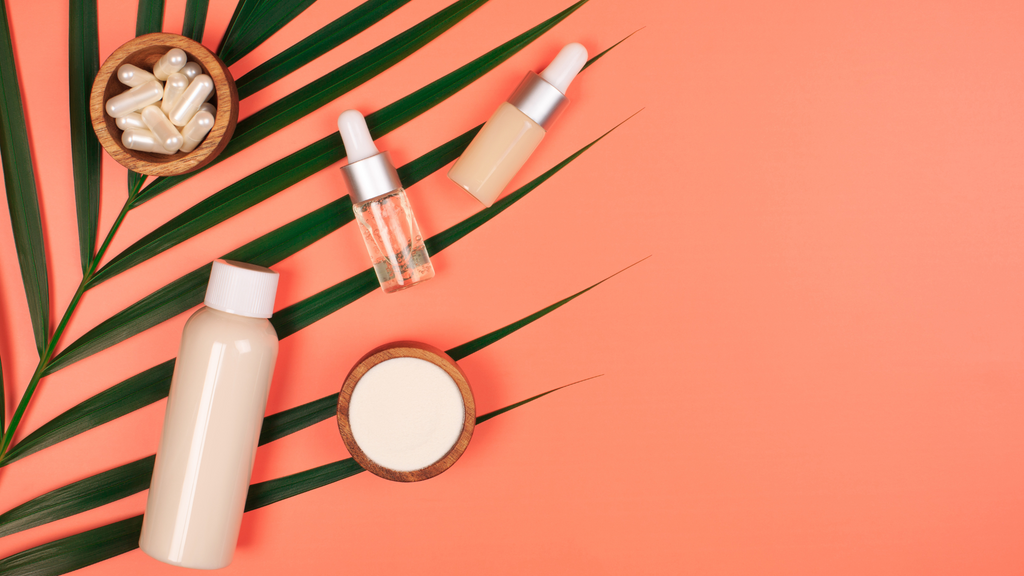
11. Collagen
Collagen occurs naturally in connective tissues and is obtainable in dietary sources like bone broth and gelatin. Collagen has grown popular over the years for its anti-aging properties. Indeed, collagen supplementation has been reported in studies to improve skin moisture, elasticity, and hydration, thereby reducing the wrinkling and roughness of the skin. Collagen supplements are marketed in powder, capsules, and liquid forms for oral use.
Bottom line
This is not an exhaustive list of beneficial natural supplements that could fit into above mentioned or other categories. The list has been curated based on the robustness of the scientific backing and the growing popularity of each supplement in recent times.
It is also important to note that some natural supplements may exhibit beneficial effects beyond their stated categories. For example, Echinacea and turmeric supplementation can improve the brightness and pigmentation of the skin respectively.
Overall, supplementation complements a rich diet and can contribute to better meeting your general and specific health needs, whether now or in the future.

